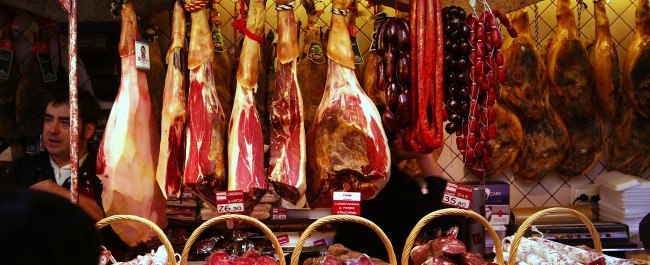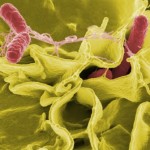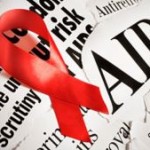WHO Report: Cured Meat Causes Cancer
The recent commotion over meat started because the International Agency for Research on Cancer (IARC) released a report concluding that there is a connection between processed meat and colorectal cancer. Since the IARC is part of the World Health Organization (WHO), this report has caught the public’s interest, though it is important to note that none of its conclusions are unprecedented.
Regardless, the report’s content can be summed up using two conclusions. First, processed meat is a confirmed carcinogen for humans. Second, red meat is a probable carcinogen for humans. Otherwise, the IARC report is light on important information, probably because there is still too little evidence out there to be examined.
What Is Cured Meat?
In its clarification, the WHO stated that it considers all cured meat to be processed meat. Most of the processed  meat used in the studies consisted of either beef or pork, but some consisted of white meat such as chicken instead.
meat used in the studies consisted of either beef or pork, but some consisted of white meat such as chicken instead.
For people who are unfamiliar with the exact meaning of cured meat, it is important to note that it is a vast and expansive concept that encompasses all meat preserved using salting, smoking, fermentation, and most of the other preservation methods that existed prior to the late 19th century. For example, when meat is covered with salt to extract most of its water content via osmosis, the result is considered cured meat. Similarly, when meat is suspended above a flame so that it can be slow-cooked with fragrant smoke, the result can be considered cured meat as well.
How Does Cured Meat Cause Cancer?
As stated earlier, the WHO report provided little information about the exact reason that cured meat causes cancer because it is still too soon to say. However, there has been some research on the issue, meaning that there are some interesting lines of speculation out there. For example, it is thought that cured meat is carcinogenic because the curing process creates carcinogenic chemicals.
In contrast, red meat might be carcinogenic because high-temperature cooking methods such as barbecuing, grilling, and even pan-frying are thought to create other carcinogenic chemicals.
What Should You Do?
The cured meat cancer risk is real, as shown by a line suggesting that each 50 gram serving of processed meat on a daily basis results in an 18 percent increase in the chances of colorectal cancer. In contrast, the red meat cancer risk may or may not be real, but red meat comes with other health risks that make excessive consumption extremely problematic in the long run. As a result, if you are interested in minimizing your risk factors, you may want to cut down on your consumption of cured meat as well as red meat.
You could replace your intake of cured meat and red meat with healthier alternatives such as chicken, fish, and nuts. However, you can also choose to reduce your consumption until you reach a level of risk that you are willing to accept in exchange for continuing to eat what you like. In the end, you are the one with ultimate control over your dining choices.







